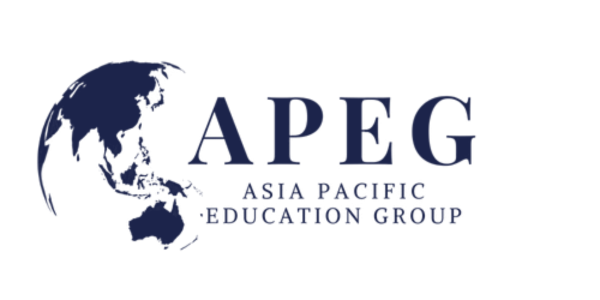In June 2024, a strategic meeting was held between representatives of APEG, the University of Makati, and Compliance Training & Engineering (CTE) to explore a collaborative partnership focused on education, workforce development, and industry compliance.
The session brought together key figures including Chairman Nick Kirke and Dr. Terry O’Hanlon-Rose of APEG; President Elyxzur C. Ramos and Director Camille Navarro from the University of Makati; and Owen Strath of CTE. The goal was to align their respective strengths—academic leadership, global education strategy, governance, and technical compliance training—to create programs that bridge education with real-world industry needs.
The discussion centred on forming a strategic alliance that would enhance academic offerings through industry-aligned training, streamline certification processes, and improve graduate employability. Each organisation contributed unique expertise: APEG provided educational framework design and international pathway development; the University of Makati offered academic credibility and local institutional reach; and CTE brought deep experience in compliance training for high-demand sectors such as energy, engineering, and infrastructure.
Key topics included:
- Curriculum alignment: Ensuring academic programs reflect current industry requirements, particularly in sectors needing certified professionals.
- Integrated compliance training: Embedding regulatory standards directly into training programs to ensure qualifications are both academically sound and industry-recognised.
- Technology-enabled learning: Exploring digital platforms to deliver flexible, accessible, and scalable training solutions across the Asia-Pacific region.
- Regional expansion: Considering how this model could be extended beyond the Philippines to support workforce development in neighbouring countries.
Participants agreed that the collaboration could lead to innovative, competency-based programs that meet employer expectations while providing learners with clear career pathways. This initial dialogue set the stage for deeper engagement, including the development of joint programs, mutual recognition of credentials, and expanded partnerships across the region.

